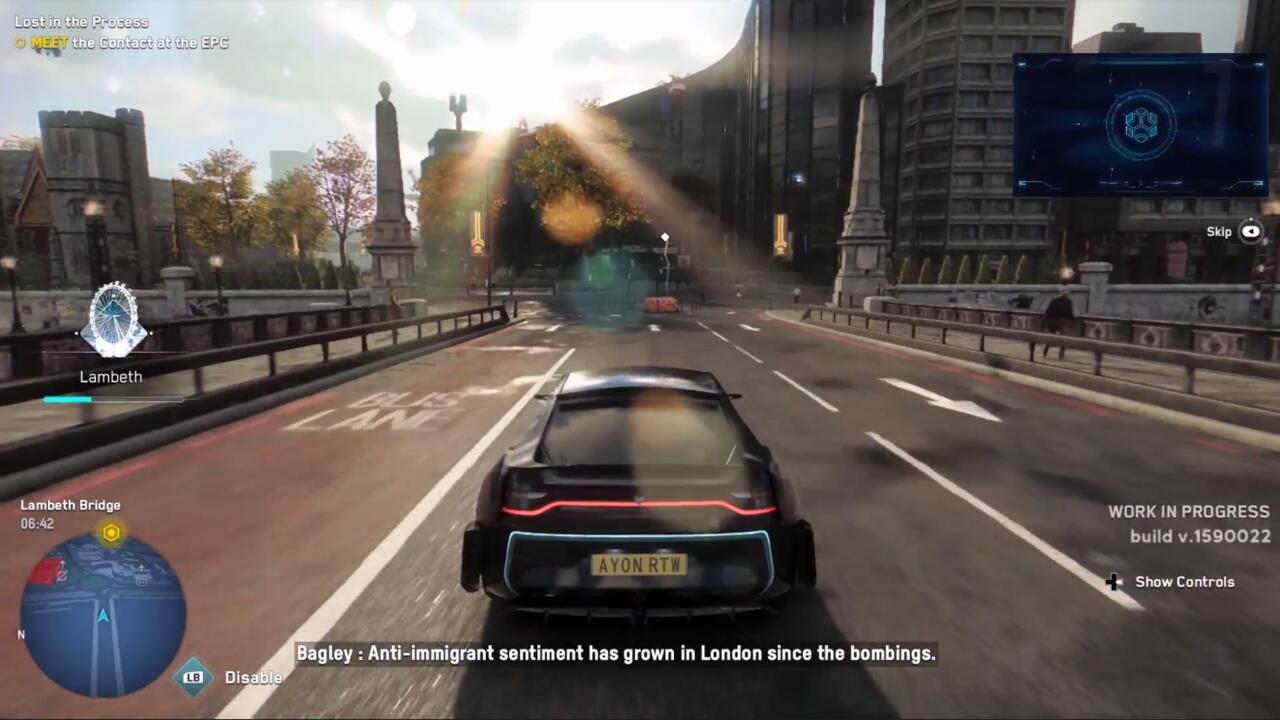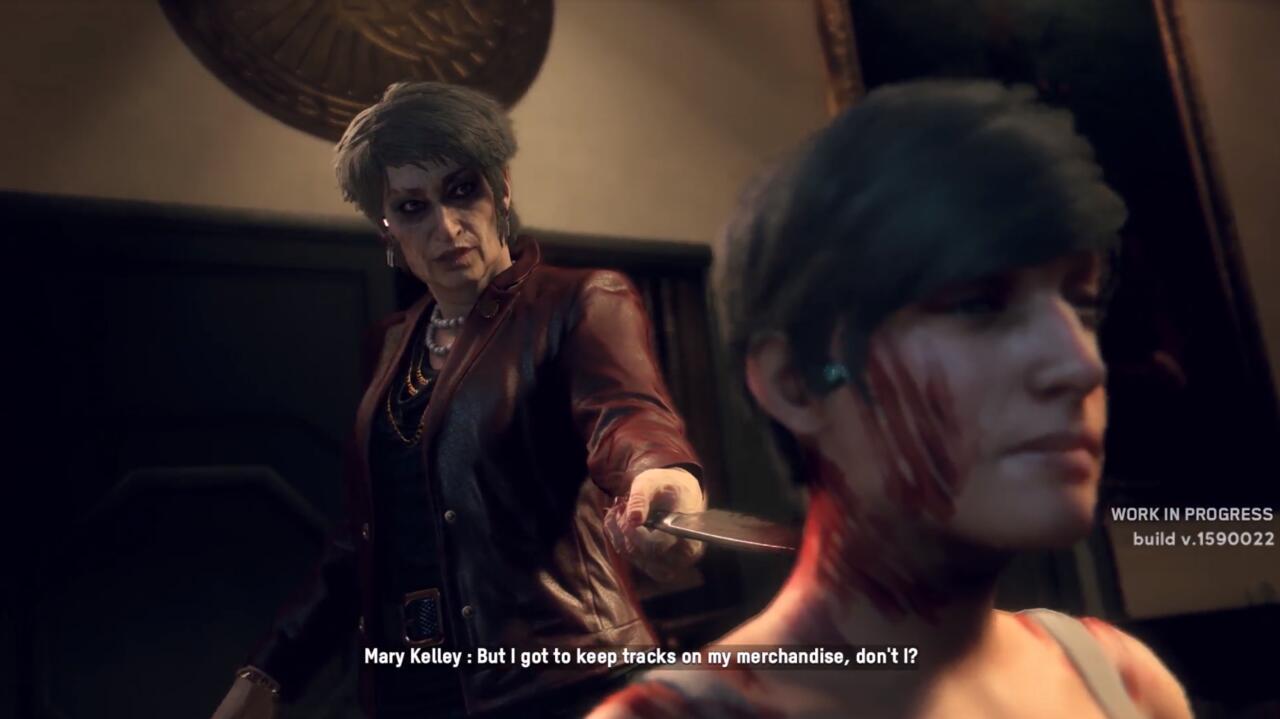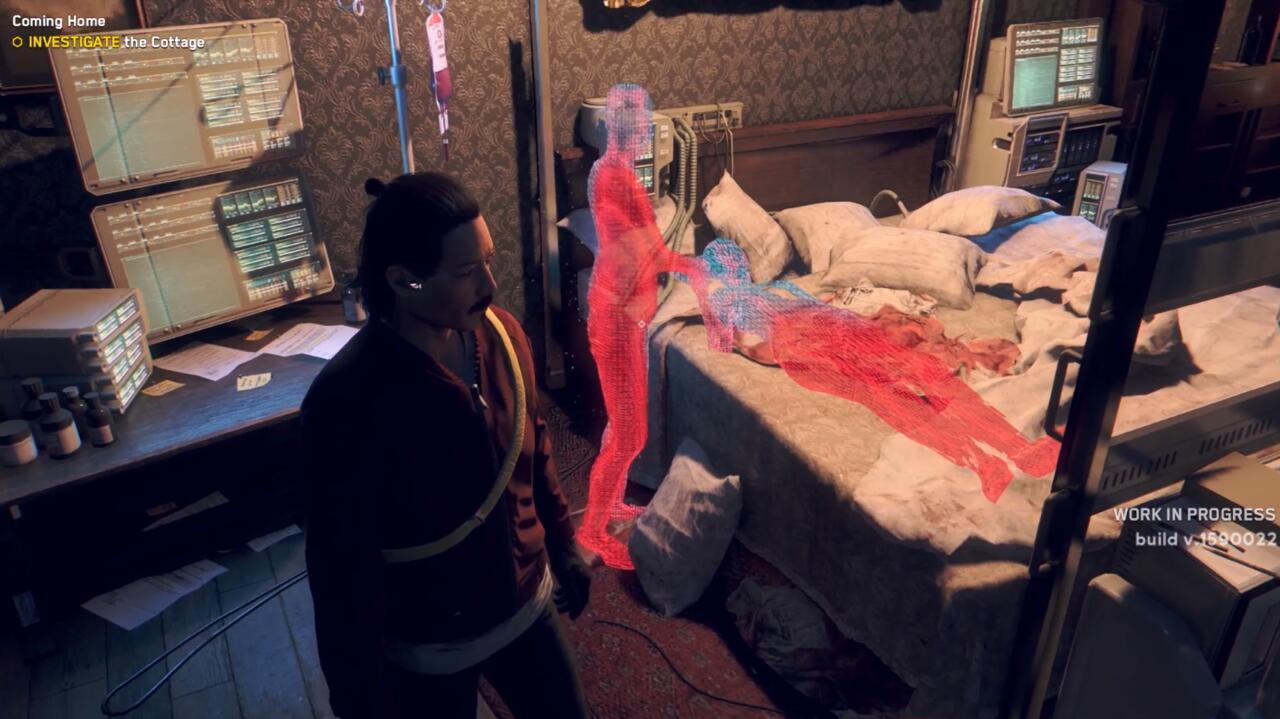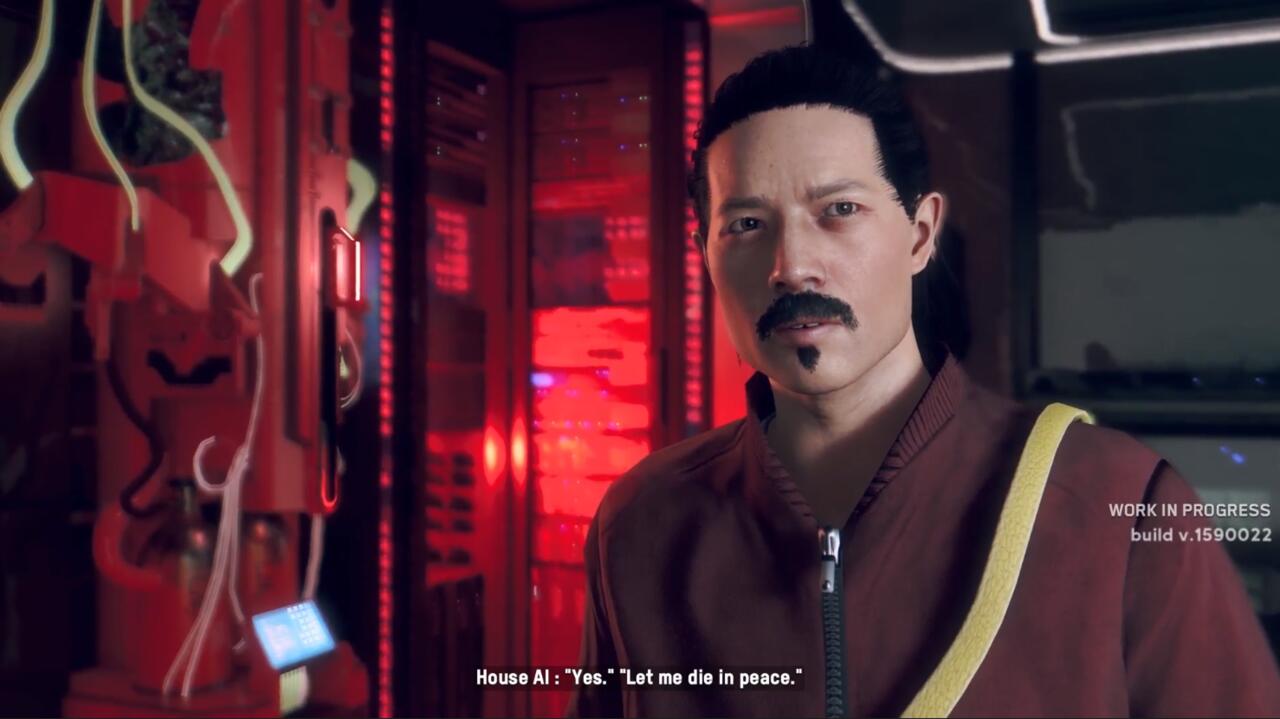When I played Watch Dogs: Legion a few months back, I was keeping a keen eye on its depiction of a collective revolt against injustice, state-sanctioned violence, and technological exploitation. After all, those are the running themes that the game has been emphasizing in its presentation and early story threads, and they should be analyzed. I recently got another crack at the game to play all-new story missions, and it's turned into something a bit unexpected.
In these new missions, I got to see story branches that dive into Clan Kelley, the organized crime ring that runs the streets of London in the wake of a hostile paramilitary takeover. It's not really a surprise that organized crime is in bed with corrupt authorities, but based on what I played, things turn more sinister and dark, in a way that's probably not great for the squeamish.
As you reveal the truths of Clan Kelley and its leader Mary Kelley, you discover that she's been collecting people to force them into servitude, and, well, eventual victims of organ harvesting. Albion authorities (the PMC that now runs London) have been leveraging anti-immigrant sentiment to enforce racist policies and illegally round up vulnerable, marginalized people and detain them in refugee camps. It's all plainly stated in dialogue between your character and your AI assistant, as you're trying to track down a victim and DedSec affiliate named Angel Lopez. But the knife is twisted even deeper once you reveal this system provides a cover and an avenue for Kelley to kidnap and enslave these people. Yeah, it's straight up human trafficking.
In this one mission, you sneak into the detainment camp to meet with your undercover DedSec contact and trace the whereabouts of Angel, who fell victim to this horrible system. Then you figure out that these people are being controlled and subjugated through a microchip that gets implanted into their bodies--it's essentially a killswitch. This then provides a lead that brings you to the location of a heavily guarded incinerator that houses an underground operation where those same victims are being harvested for organs, and their corpses left to burn to ash.

While the contents of these missions aren't explicitly gory, the subject matter and visual presentation of it all is enough to clearly get the point across--and in some capacity, it's rather horrifying. Especially with the implication of poor, marginalized, and/or immigrant people being the targets of a truly evil organized criminal ring. In the spirit of a content warning, I think folks should know that this can be traumatizing from the conceptual level.
This particular mission branch then leads you to Mary Kelley's secret mansion where she has dozens of these people working as her slaves, controlled by the fact that Kelley can seize their bodies or decide to kill them with a push of a button. You fly a drone through the mansion, and past rooms of people being held captive against their will, to solve circuit puzzles and eventually hack a computer to get hold of her surveillance system. In the mission's concluding cutscene you watch as one of her victims is punished for trying to escape, facing acts of violence and a speech from Kelley about how she's 'saving' them from their previous lives, and that her victims have nowhere else to go.

That's how the Clan Kelley story branch concluded in the preview demo. And while there's of course more to uncover in this story thread, and our DedSec protagonists acknowledge the horrifying nature of it all, Watch Dogs: Legion has a lot of work cut out in order to make this style of violence and trauma work in its real-world narrative context. I'm caught off guard a bit by these turns in the story, though I can't really say I'm into it based on a preview. We've seen these types of dark high-tech stories before--it's provocative, but Legion is also playing with fire here.
Watch Dogs always had a chilling undertone as it related to the dangers of tech and the implications of a world governed by it, but Legion is playing this up in a much more explicit, sometimes grotesque, fashion. Aside from implanted microchips allowing Kelley to control people in the aforementioned mission branch, I played through a related but different set of missions--this time it's about the horrors of artificial intelligence gone wrong.
My mission was to investigate an AI tech giant called Broca Tech, and this led to another example of Watch Dogs: Legion's unexpected turn towards the horrific. Again, I tracked down the residence of its evil leader, this time her name is Skye Larsen. And, of course, she publicly flaunts the benefits of how AI will thrust people into a new age devoid of our worldly problems, and uses a story about her mom to get that uncomfortable sympathetic angle in speeches. Well, that's all a straight up lie.

When you infiltrate Larsen's house, you find out that she manipulated her ailing mother and used her as a tool to experiment and develop the AI tech she's peddling called Daybreak. It's basically a system of being able to upload your consciousness to a computer, and you discover all this by investigating an underground lab beneath Larsen's house. However, it's not just a lab, it's presented as an artificial dream-like house on a prairie, which served as a place to use her mom like a lab rat.
You watch the chilling hologram reconstructions of the events that took place, all disgusting scenes of how Larsen slowly killed her mother to create Daybreak, despite the pleas to not do it. With this technology, the person subjected to having their consciousness uploaded has to physically die. But you then see how Larsen is able to modify and control her mom-turned-AI, and with her company trying to reach the masses with this tech, you can only imagine the insidious implications.
As the player, you eventually communicate with mom-turned-AI who offers information in exchange for a true, merciful death by shutting down the AI system altogether. That concluded the story missions available in the preview demo, a bone-chilling note to end on.

What I found surprising about all of what I saw from Watch Dogs: Legion in this play session wasn't simply the fact that it's going for horrifying imagery and narrative beats, but that this tone isn't really implied in other aspects of the game or how it's been presented. I mean, it's probably easier to sell people on the idea of carrying out a revolution as a British grandma who punches police in the crotch, so I get it. While there is room for the game to explore these darker themes to drive a compelling story, my hope is that it can justify doing so without devolving into trauma porn.
I expect the story threads to be tied up in some neat fashion, because the idea of genuinely terrifying exploitation of technology and the corrupted authoritarian police state makes a Venn diagram that's almost a circle. I just don't know if Watch Dogs: Legion is the game to do it in a meaningful way. I came away from my first preview interested by how upfront it is about political themes of revolution, but feeling it could be better about committing to the message it thinks it's trying to send. This new demo showed me that it's opening itself to a whole other narrative thread that could get messy, at least in the storyline of Clan Kelley.
In a way, it's captivating to unravel the dark mysteries, and exact justified revenge and retaliation against these perpetrators. Watch Dogs: Legion isn't shy about portraying the terrible things that those in power can and will do to underprivileged and marginalized people. But we should be critical of how it's being conveyed throughout the game, and be mindful that--while, yes, this is some wild video game--we're exposing ourselves to traumatizing imagery that may not sit well with some us who are especially conscious of bad shit that isn't far off from our real world.
We'll find out how the story pays off when Watch Dogs: Legion launches on October 29 for current-gen platforms and PC and later in November for next-gen systems.

